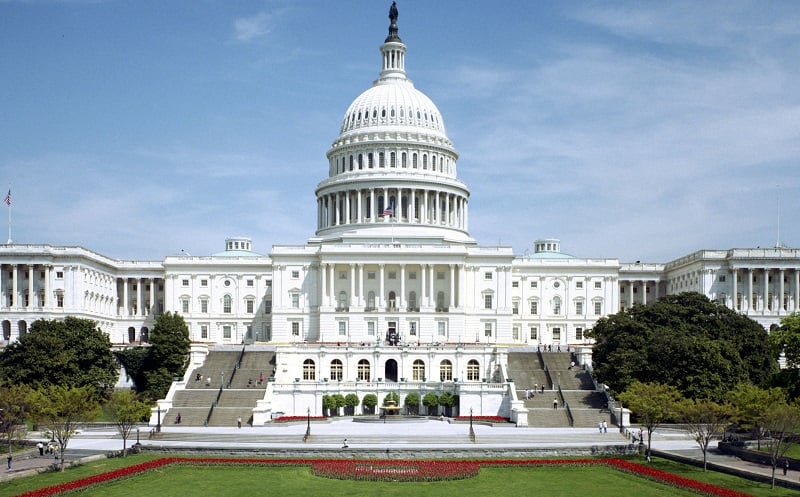To: HHS Secretary Alex Azar
"We recommend HHS provide immediate relief to ensure a sufficient physician workforce is available in this country now and throughout the pandemic. Specifically, we urge HHS to provide one month of revenue to each physician (MD or DO), nurse practitioner, and physician assistant enrolled in Medicare or Medicaid to account for financial losses and non-reimbursable expenses. HHS should use an individual’s average monthly payment amount from October-December 2019, which has been provided to the Medicare Administrative Contractors (MACs), as the basis for determining pre-pandemic monthly revenue. For most specialties, Medicare patients account for 35% of all patients, so to extrapolate to all patients, HHS should use three times the October-December 2019 average as the basis for issuing a payment. Certain specialties have fewer Medicare patients and should be adjusted upward accordingly: psychiatry (20%), allergy/immunology (15%), obstetrics/gynecology (15%), and pediatrics (5%). Pediatricians, obstetrician-gynecologists, and allergists may have many patients insured by Medicaid but few or no patients with Medicare and will require a different approach."
 Read the Full Letter
Read the Full Letter
We rely on your voice to advocate for our policy priorities. Join us to show our strength as a community that cares about endocrinology. Contact your US representatives or European Members of Parliament through our online platform. Take action and make a difference today.